10 Common Medications You Can Share With Your Dogs

While medication for humans and dogs can be different, some overlap safely. It can be hard to know which ones won’t harm your pet, but nothing will go wrong if you follow expert recommendations and instructions. Let’s break down which common meds veterinarians approve for dogs and how they can be used responsibly.
Diphenhydramine (Benadryl)

Dogs suffer allergic reactions, too, and Benadryl provides quick relief. Vets often recommend it for insect bites and travel anxiety. Always check the correct dosage, as overdosing leads to side effects. Dogs with recurring allergies need alternative treatments, so discussing options with a vet is wise.
Famotidine (Pepcid)

Famotidine works by reducing excess stomach acid, helping dogs with gastritis and nausea. This medication minimizes irritation and supports better digestion. Proper use ensures relief without unwanted side effects. While effective for occasional discomfort, dietary changes also help manage acid-related issues.
Hydrocortisone
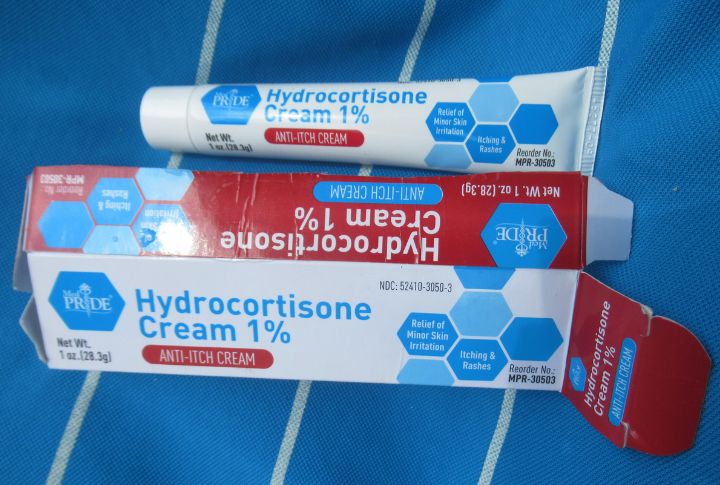
Itchy skin and allergic flare-ups make dogs restless, and this requires targeted relief. Hydrocortisone cream reduces redness, irritation, and minor skin infections effectively. This treatment works best for localized issues but should never be ingested. If symptoms persist, switching to prescription-strength treatments may be necessary.
Aspirin (Low-Dose)

Aspirin is occasionally used under veterinary guidance to alleviate mild pain and inflammation in dogs, often for short-term management of conditions like arthritis. However, excessive use causes stomach ulcers or bleeding complications, so careful monitoring is necessary. Regular veterinary checkups ensure safe, long-term pain management.
Melatonin
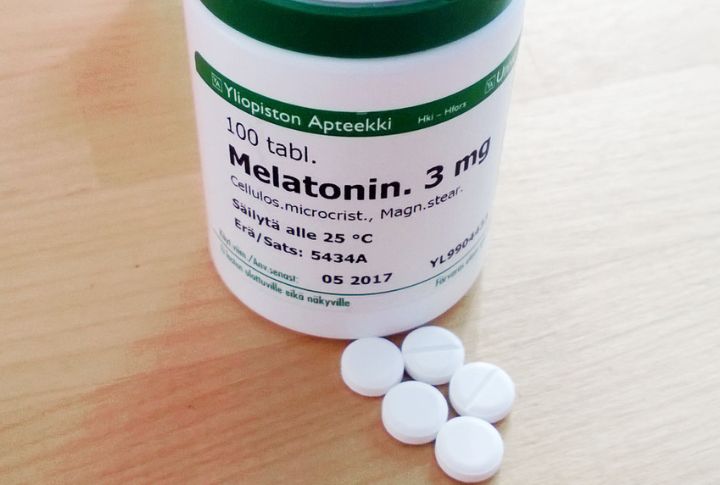
Just like humans, canines can suffer from anxiety and sleep issues, and this supplement can provide a calming effect. Known for regulating sleep cycles, Melatonin aids restless pups and nervous travelers. Anxiety-driven behaviors require additional training or behavioral therapy alongside medication.
Dextromethorphan (Robitussin)
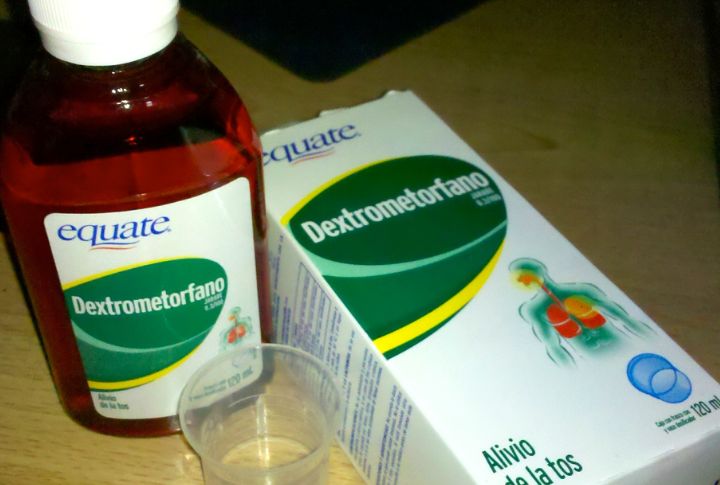
Coughing dogs need relief, especially when suffering from throat irritation. Robitussin reduces mild coughs linked to allergies or minor respiratory issues. Ensuring proper hydration can further ease throat irritation and coughing episodes. Always check with your vet for guidance before offering your dog a dose.
Omeprazole (Prilosec)
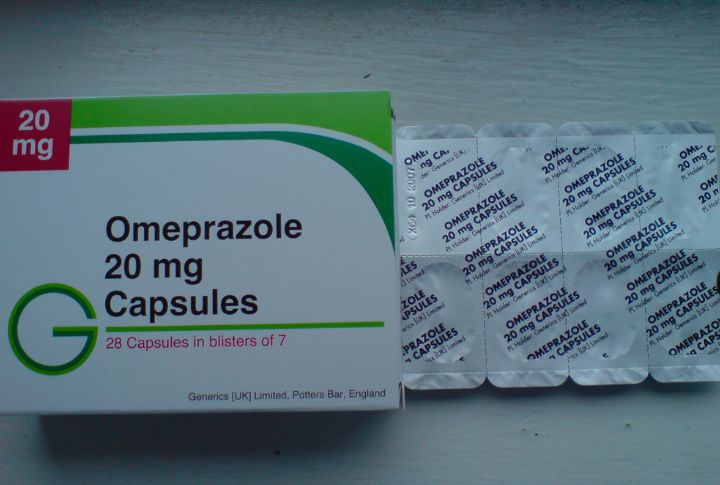
When acid buildup causes ulcers, Omeprazole works by reducing stomach acid production. This treatment helps prevent gastric irritation and promotes healing over time. Dogs experiencing frequent vomiting or discomfort may benefit from this medication. Long-term digestive problems often signal deeper health concerns requiring thorough examination.
Polyethylene Glycol (Miralax)

Being powdered means you can use it in your dog’s meal. Miralax helps relieve occasional constipation by improving stool consistency, which can prevent your dog from straining. Proper administration prevents discomfort and promotes regular digestt stion. It’s safe under veterinary guidance but should not be overused.
Artificial Tears

Your dog’s eyes can dry out due to allergies, wind, or dust exposure. Artificial tears offer gentle hydration, which will keep their vision clear and comfortable. It’s a simple fix, but serious cases need medical attention. If your pup keeps pawing at their eyes, don’t ignore the signs.
Loperamide (Imodium)
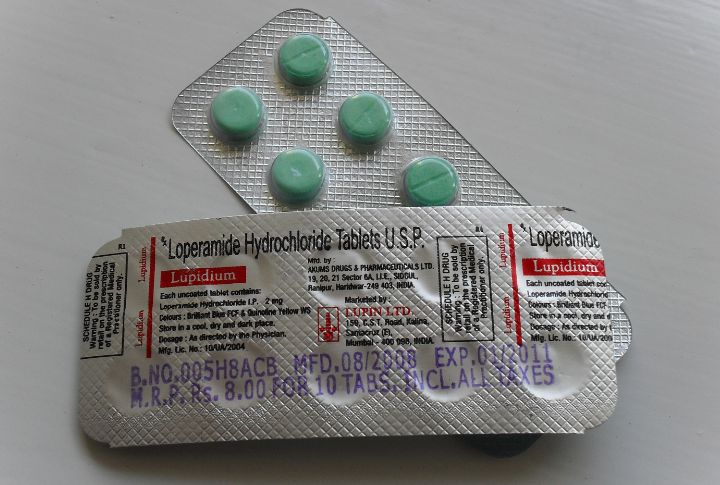
Sudden diarrhea in dogs demands swift action, making Imodium a valuable option. Veterinarians often prescribe it to slow bowel movements and reduce dehydration risks. Administering the correct dosage prevents adverse effects and helps in mild cases. Never administer Imodium if your dog exhibits bloating or severe abdominal pain.





